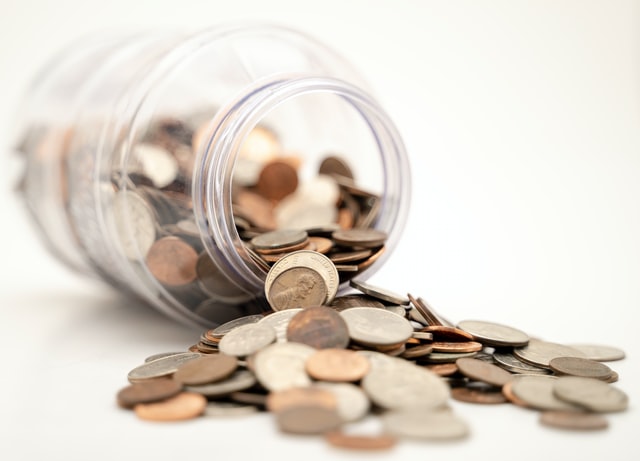
Sometimes you need to find $50. Maybe you really need that $50 quickly. For others it is simply good practice to occasionally look for ways to make a little extra or save a little extra. In either case here are some possibilities.
Check Piggy / Change Bank
Many of us keep jars or cans of loose change. Gather them up and start counting. You might be surprised and find that $50 right there.
Old Bank Accounts
Sometime in the past we may have, with good intentions, opened a savings account for some purpose. It may have been a few years ago and we almost forgot about it. If so, close the account and collect the funds toward that $50.
Old Brokerage Accounts
Similar to old bank accounts you may have opened a brokerage account in the past. Many of them would advertise small opening amounts (like $50) and we took the bait with good intentions. Or we actually used a certain brokerage account for a while but when we stopped there was still a little left over sitting in the settlement account. Close them and pocket the dollars. Another reason to close these old savings and brokerage accounts is that some start charging a fee at some point and slowly drain away your money. Better in your pocket than in some big corporation.
Sell Something on Craigslist
This is probably the most common and for good reason. There is almost always something laying around that can be sold on Craigslist. It doesn’t take much to add up to $50! Follow safe practices like meeting in a public place but most people have used Craigslist many times with no issues at all.
Find a Regular Bill to Eliminate
When it comes to eliminating bills I’ve always thought it pays to think in terms of annual savings. A $5 a month bill comes out to $60 in a year. So, look where you can save a little each month and it will add up. You probably won’t even miss what you are eliminating.
Find a Subscription to Cancel
Easiest examples here are magazine subscriptions or streaming TV channels. Magazine subscriptions are fine if you actually read them but watch out for those that lure you in with a cheap price and then a big increase when they come up for renewal. I’m a sucker for adding a TV Streaming subscription at the free or low rate because there is a particular show I want to watch. I often forget to cancel after the trial period is up even if I don’t often watch the channel.
Do some tasks on Amazon Mechanical Turk or Similar Sites
I don’t know too much about this one but others have said you can make a few bucks quickly. Not sure how effective it is to make $50 but you may want to check it out.
Offer a Task on FIVERR
Find something that you can do fairly quickly. Be careful how muh time you need to spend per gig so you don’t end up paying yourself 50 cents an hour! Others have started freelance careers using FIVERR.
Find a Temp Job on Craigslist
Craigslist is good for more than just selling stuff. There are short term gigs advertised there too. See if you can find something that fits your skills so you can make a few quick bucks.
Take Something to a Pawn Shop
This is probably the oldest one around and probably only makes sense if you do not have a better alternative. It might make sense if you absolutely must have $50 today. I get it!
With a little thought there are probably many more ideas. People are always looking for new ideas to make or save a little so why not share your new ideas!

